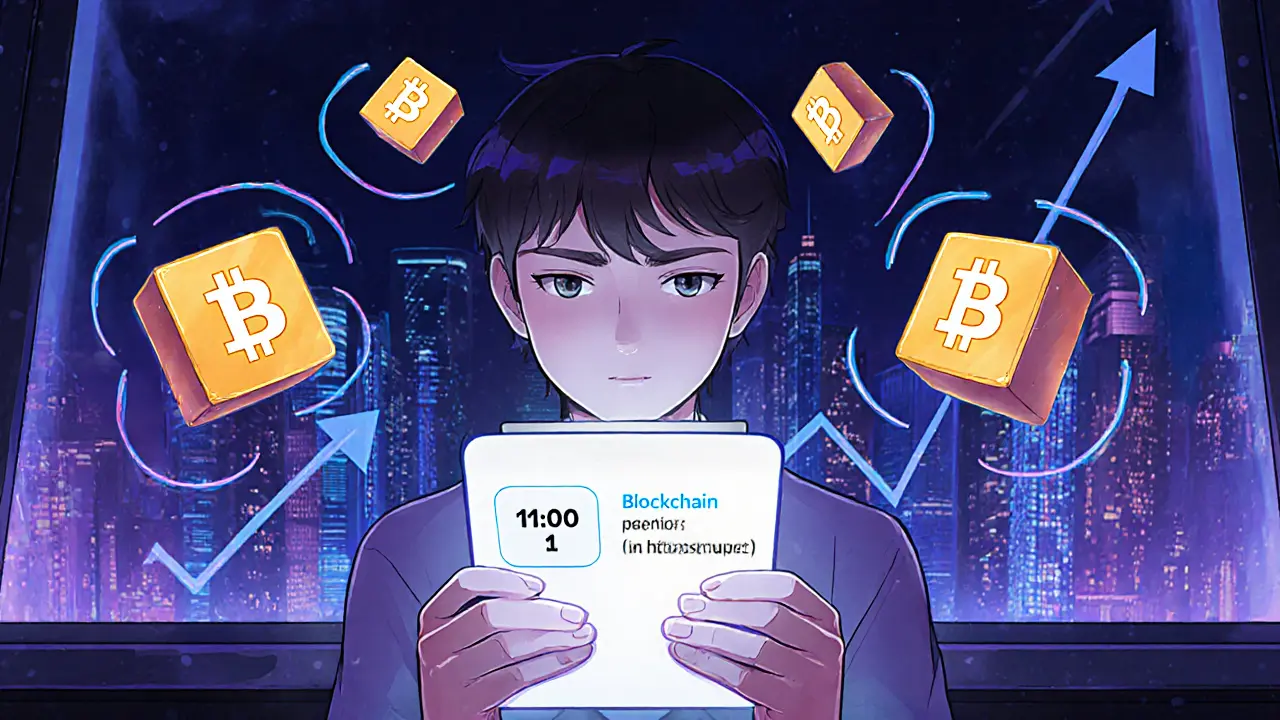Crypto Confirmation Delays: Why Transactions Stick and How to Fix Them
When you send crypto and it just stays stuck, it’s not your wallet breaking—it’s the network. crypto confirmation delays, the time it takes for a blockchain transaction to be verified and added to a block. Also known as network congestion, this is a normal part of how decentralized ledgers work, but when it goes wrong, it feels like your money vanished. It’s not magic—it’s math, competition, and sometimes, bad timing.
Every time you send Bitcoin, Ethereum, or any other coin, your transaction joins a queue. Miners or validators pick transactions based on the fee you paid. If you sent it with a low fee during peak hours—say, during a big airdrop or a market spike—your transaction gets buried under hundreds of others. That’s why your $500 transfer might take 40 minutes while someone else’s $5 transfer clears in 30 seconds. blockchain confirmation time, varies by network and demand. Bitcoin averages 10 minutes per block, but during stress, it can stretch to over an hour. Ethereum is faster, but when DeFi activity spikes, gas fees spike too, and your transaction sits idle. This isn’t a glitch—it’s how the system prioritizes money.
And it’s not just about fees. transaction stuck, a common frustration when a crypto transfer doesn’t move for hours. Also known as pending transaction, this happens when the network is overloaded, your wallet settings are wrong, or you’re using an outdated node. Some wallets don’t let you adjust fees after sending. Others don’t tell you the fee was too low. You click send, walk away, and come back to find your coins frozen in limbo. This isn’t rare. Thousands of users face this every day, especially on networks like Solana or Polygon when meme coins pump. The fix? Don’t panic. Check your transaction ID on a block explorer. See the fee. If it’s too low, you might be able to speed it up with a CPFP or RBF—tools most wallets hide under advanced settings. If you can’t, you might have to wait it out, or cancel and resend with a higher fee.
And here’s the thing: most people don’t know this, but crypto network congestion, when too many users try to send transactions at once. Also known as blockchain overload, it’s like rush hour on a highway with no toll lanes. You can’t control traffic, but you can choose when to drive. Avoid sending large amounts during major news events, NFT drops, or when Bitcoin halving rumors spread. Use tools like GasNow or Etherscan’s gas tracker to see real-time congestion. Set alerts. Plan ahead. And never send crypto without checking the fee first.
Most importantly, don’t blame the exchange. Don’t blame your wallet. Blame the system—and learn how to work with it. The crypto world moves fast, but your money shouldn’t get lost in the shuffle. The posts below show real cases: how users fixed stuck transactions on Solana, why Ethereum fees spiked during a meme coin surge, and how to avoid losing funds because of a 5-cent fee mistake. You’ll find fixes, warnings, and shortcuts used by people who’ve been there. No fluff. Just what works.
- November 4, 2025
- Comments 14
- Cryptocurrency

